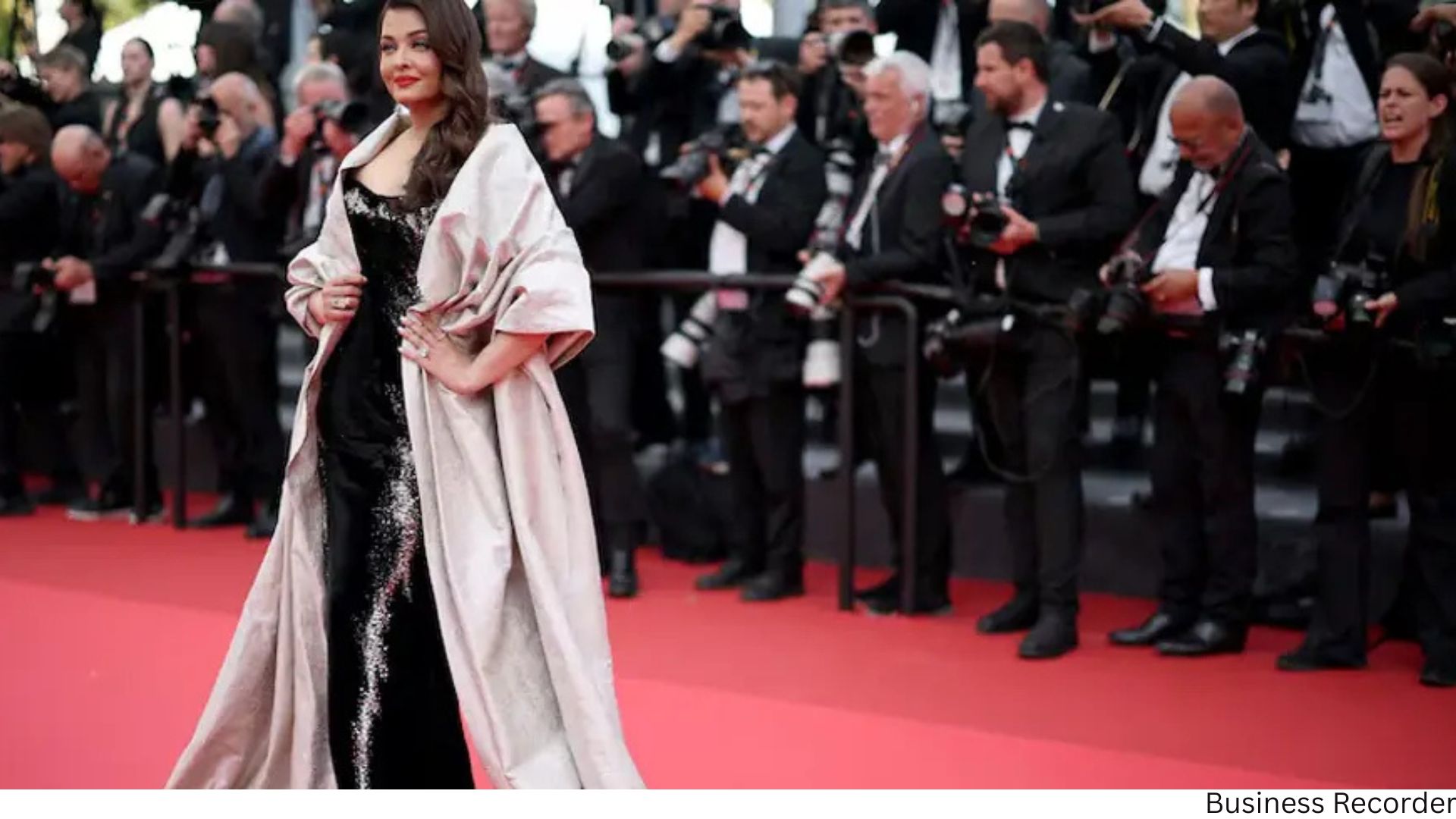The Battle Over Personality Rights: Bollywood Stars Push Back Against AI and Misuse of Their Identities
Could an AI-generated selfie with a Bollywood star land you in legal trouble? Increasingly, the answer in India appears to be yes.
Over the past few weeks, several of Bollywood’s biggest celebrities, including director Karan Johar, actress Aishwarya Rai Bachchan, and actor Abhishek Bachchan, have approached the Delhi High Court to safeguard what are known as personality rights. These cases highlight a growing legal and cultural battle in India over who controls the use of a celebrity’s name, likeness, and identity—particularly as artificial intelligence blurs boundaries.
What Are Personality Rights?
Personality rights, sometimes referred to as publicity rights, are a person’s right to commercially or otherwise benefit from their persona. This includes a wide array of personal identifiers: name, image, voice, mannerisms, gestures, and even signature catchphrases.
For celebrities, these rights are a vital tool in preventing misuse of their identities for profit or exploitation. For instance, an actor may charge a fee for endorsing a product—but another company cannot simply use that actor’s photo or voice to promote its brand without consent.
While countries like the United States (especially California) have clear statutory protections, India does not have a dedicated law on personality rights. Instead, Indian courts rely on common law principles—legal precedents established through judicial rulings—to decide disputes.
Why Bollywood Stars Are Taking Action
India has long seen widespread misuse of celebrity images. Small shops often paste Bollywood faces on posters to promote sales, and local businesses use star images for branding without authorization. The rise of AI-generated content has only intensified the issue, making it possible to create fake videos, voiceovers, and even explicit content featuring celebrities.
In recent court petitions, stars have raised concerns about unauthorized merchandising, fake profiles and websites, obscene AI-generated images, and other misuses of their identities. The Delhi High Court has consistently upheld their claims, directing defendants and platforms to remove unlawful content.
Not the First Battle
This isn’t new. In 2023, veteran actor Anil Kapoor filed a lawsuit against multiple websites for exploiting his name, voice, image, and even his iconic catchphrase “jhakaas” (meaning “awesome” in Marathi). Similarly, actor Jackie Shroff won recognition of his personality rights, preventing misuse of his nicknames and image.
The earliest known Indian case dates back to 2002, when singer Daler Mehndi discovered unauthorized dolls modeled after him—complete with colorful turbans and, in some cases, battery-powered singing voices. The Delhi High Court prohibited their sale, setting a precedent that has influenced rulings ever since.
Why India Lags Behind the West
Despite these victories, legal experts say India still trails the West in protecting personality rights.
According to Nikhil Krishnamurthy, senior partner at K Law and Mehndi’s lawyer in the 2002 case, the absence of a codified law means Indian courts rely on judicial precedents, copyright law, trademark law, and constitutional rights like privacy under Article 21.
By contrast, in the U.S., Germany, and Japan, personality rights are enshrined in statutory law. For example, in the U.S., personality rights can even survive death. In Tennessee, Elvis Presley’s estate retains control over his name and likeness decades after his passing.
In India, however, courts treat personality rights as tied to privacy—and since privacy rights die with the individual, personality rights are not heritable. This was seen in 2021, when the Delhi High Court rejected an attempt by actor Sushant Singh Rajput’s father to block the release of a film inspired by his late son’s life. The court ruled that Rajput’s personality rights expired with him.
The Case for Codification
Legal experts argue that India urgently needs a codified law to define personality rights clearly.
Dhruv Anand, a lawyer, suggests that codifying the right could help resolve inconsistencies and establish heritability, ensuring families of deceased celebrities can protect their legacies. He notes that statutory law could also spell out compensation and damages—a missing piece in current rulings, where courts typically only order removal of infringing content.
“Who's going to compensate them for what they have lost?” asks Mr. Krishnamurthy. “Stopping the misuse isn’t enough when the damage to reputation or finances has already been done.”
However, not everyone agrees. Vindhya S Mani, a partner at Lakshmikumaran & Sridharan Attorneys, argues that the flexibility of India’s current system can benefit celebrities. “The lack of codification expands the court's scope for interpretation, which can work in favor of the aggrieved party,” she explains.
The AI Era: A New Challenge
The debate takes on new urgency in an age of generative AI, where anyone can produce convincing synthetic voices, deepfake videos, or AI-generated selfies with celebrities.
In 2024, Hollywood grappled with this reality: hundreds of writers went on strike over fears of AI replacing their work, and actress Scarlett Johansson accused OpenAI of mimicking her voice for its GPT-4o model, an allegation the company denied.
In India, Bollywood stars face similar threats, with AI-driven impersonations and deepfakes already circulating widely.
Could stronger laws protect against this? Mani is skeptical. “Laws will always be one step behind technology, no matter how carefully they’re codified,” she says. Instead, she emphasizes the need to interpret existing laws creatively and for individuals to be proactive in enforcing their rights.
The Road Ahead
The growing wave of lawsuits by Indian celebrities reflects both the challenges and opportunities of personality rights. While legal precedents have helped protect stars from exploitation, India remains without a comprehensive statutory framework.
As AI and digital media evolve, the stakes are only getting higher. Whether through codified law or continued judicial innovation, the fight to protect personal identity—and the celebrity brand—will define the next chapter in India’s legal landscape.
For now, if you’re tempted to post that AI-generated selfie with your favorite Bollywood star, you might want to think twice.
%20(4).png)




.png)
.png)
.png)
.png)
